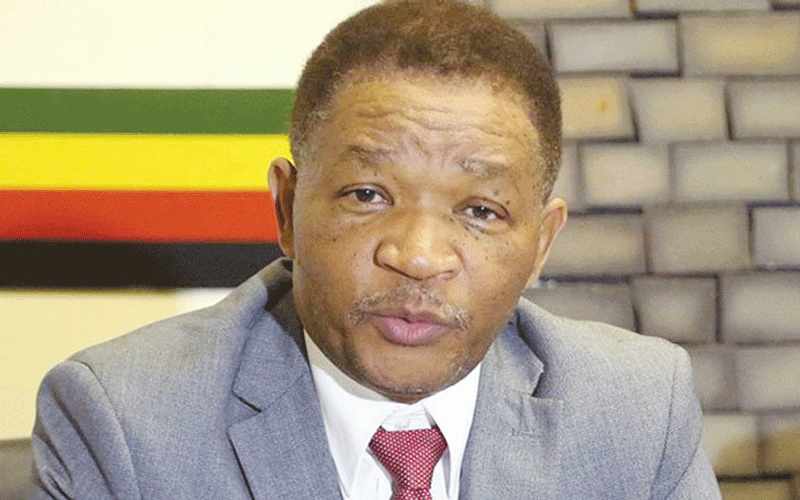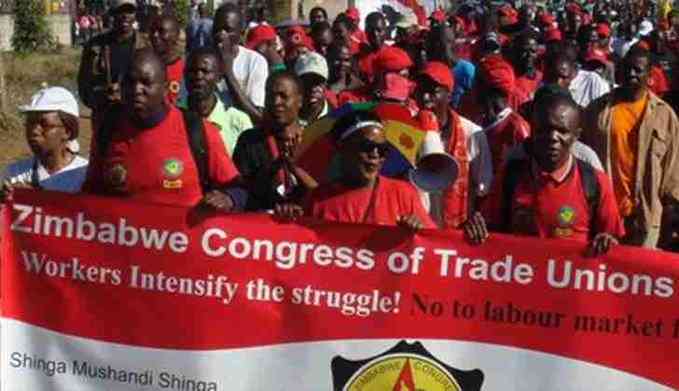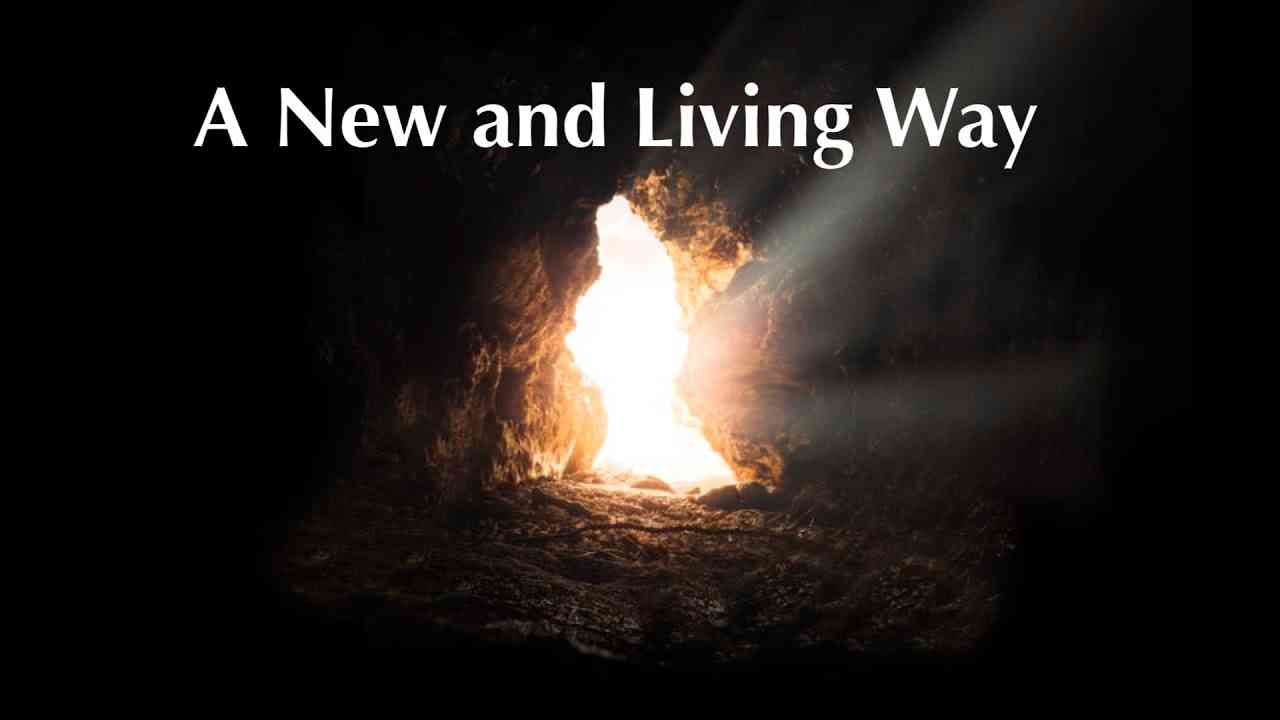
As per my usual daily routine, I pray to Jehovah God first, then converse with my wife and get my daily dose of the morning news (both local and international).
Ruben Mbofana
I could not help being thunderstruck watching Media, Information and Broadcasting minister Monica Mutsvangwa signing some mutual information agreement with the Rwandan.
I listened to her regurgitating something to the effect that it was time Africa told its own story without relying on Western agencies for our own story.
Immediately, my mind spoke French — loudly and clearly I heard, déja vu!
I felt myself quietly asking: With most countries in Africa having gained their independence over 40 years ago (with some even now in their 60s), why are we still saying the same thing?
Why are we not telling our own stories, and still complaining about the West’s influence and dominance over our affairs today?
Surely, are we not grown up yet? How long do we need as the continent of Africa to finally stand on our own? Are we not ashamed to still be living with mommy in our 40s, 50s and 60s?
- Chamisa under fire over US$120K donation
- Mavhunga puts DeMbare into Chibuku quarterfinals
- Pension funds bet on Cabora Bassa oilfields
- Councils defy govt fire tender directive
Keep Reading
After watching this rather disturbing news clip on the signing of the information agreement with Rwanda, my mind wandered back into its memory lane, and retrieved some of the statements by our own government, and our so-called Pan-Africanists.
They sound more like crybabies, blaming the West for everything and making endless excuses for everything that has gone bad instead of strengthening Africa to accept responsibility for its failures.
One of the most outstanding things that I have never stopped hearing is the endless mourning over our education system.
The government and its Pan-Africanist friends always blame others for our own failures.
They always blame our education for being Eurocentric since its focus is on instilling foreign learning and values at the expense of our own, thereby propagating a generation which has no understanding and appreciation of who we are as a people, but would rather parrot the West.
Indeed, I also believe that we need to instil our own principles and values.
My problem with the government narrative is why we still whine over this issue, especially having attained independence 40 years ago.
As a nation, are we not fully in charge of developing our school, college and university curricular?
Do we not have a curriculum development unit, Zimbabwe School Examinations Council, Higher Education Examination Council, and universities?
As such, why have we not transformed our school, college and university curricular instead of perennially and irritatingly complain about Western influence?
Who is stopping the government?
In the midst of digesting these troubling thoughts, another even more unsettling one came to my mind, there is a colonial stereotype that we, as Africans, are just good at talking, but zero in implementation.
I instantly felt shivers chillingly speed down my spine.
What we have been observing with our own government through its unbridled incompetence, mismanagement, and downright ineptitude plays into the hands of this stereotype.
It re-enforces the notion that we should be doing everything in our abilities and power in discrediting and thwarting such thinking.
Yet such efforts will always be in vain as long as we have a leadership which is good at blaming others for its failures and inability to deliver on promises and its mandate.
On November 16 2020, the government of Zimbabwe announced the so-called National Development Strategy One (NDS1), that is supposed to run from 2021 to 2025, and focuses on economic growth, structural transformation, human capital development, housing delivery, health and wellbeing, devolution and decentralisation, and international re-engagement.
Why would anyone trust a regime which has utterly and disgracefully failed to deliver on similar ambitious plans since 1980?
This included promises such as education and health for all by the year 2000, yet more Zimbabweans have been progressively marginalised over the past 40 years, with the wealthy and well-connected being the only ones enjoying privileged access to the national cake?
Of the mega housing projects promised at the dawn of the so-called new dispensation after the November 2017 military coup d’etat, how many of the 1,5 million units to be built between 2018 and 2023, have actually been built with two years to go?
Did the transitional stabilisation programme (TSP) introduced in October 2018 not guarantee to stimulate economic growth, and stabilise the macroeconomic environment in the country?
Now that the government has moved to the NDS1 with claims of TSP triumph, how stable is our economy?
Has our currency not already gone on a freefall as proven by the government’s recently approved massive tariff increases for mobile data, fees, municipal rates, and many others?
Has our government’s incompetence, mismanagement, and ineptitude helped matters over the past 40 years?
They are good at making endless high-sounding and well-articulated policies, programmes, and promises, none of which are fulfilled.
The regime must stop finger-pointing and accept responsibility in order to open the door for self-introspection, and learning from past mistakes.











